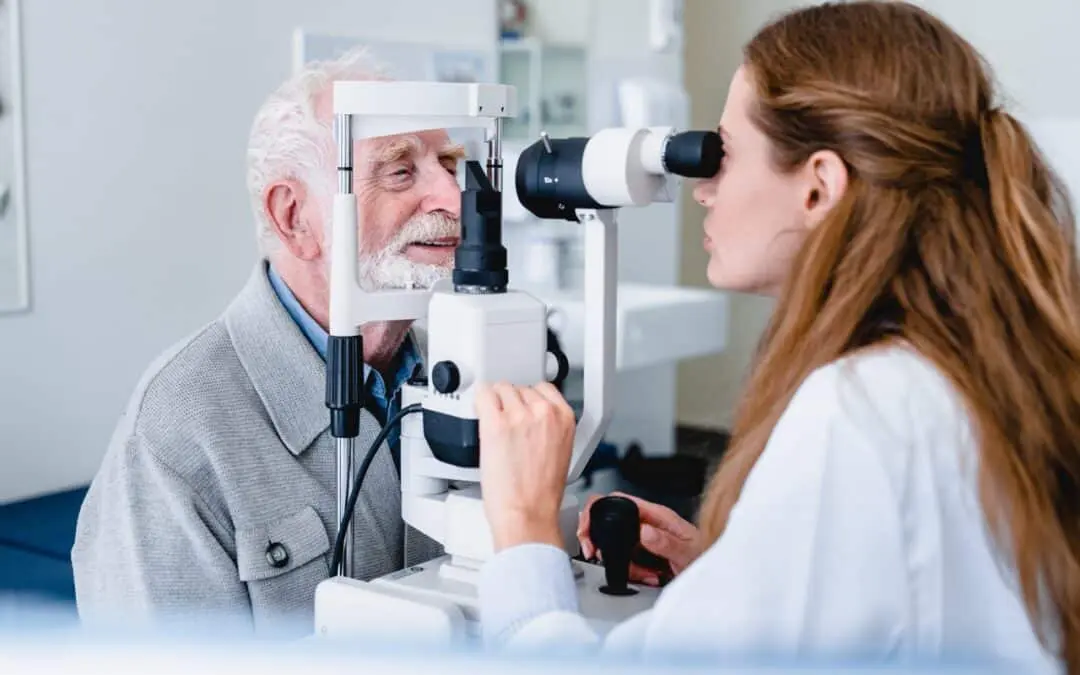All Categories
Featured
Table of Contents
Preserving ideal eye health and wellness is necessary for a top quality of life, and normal eye examinations are an important component of that upkeep. Vision changes can take place at any type of age, making it crucial to tailor eye treatment recommendations to different life phases. Below's a guide on how commonly eye exams should be scheduled for various age groups to make certain the most effective feasible eye wellness.
Throughout this go to, eye care professionals assess aesthetic acuity and check for any type of developing concerns. If no concerns are noted, the following eye examination need to take place prior to the child goes into school, usually around ages five or 6.
Moms and dads ought to stay watchful for indications of vision issues, such as scrunching up your eyes, difficulty focusing on the chalkboard, or suffering headaches. It's critical to arrange an examination instantly if any of these signs emerge. Regular evaluations make sure that kids can do well academically and get involved totally in activities like sporting activities.
![]()
During young the adult years, people typically experience fewer significant adjustments in vision, yet regular eye exams continue to be necessary. Young person must have extensive eye tests every 2 years. Those with threat aspects, such as a family background of eye condition, diabetic issues, or frequent contact lens usage, may need annual examinations.
Young people are commonly based on digital eye strain due to long term use computer systems and smartphones. Signs and symptoms like dry skin, exhaustion, and obscured vision may develop from extreme display time. If these signs and symptoms linger, consulting an eye care expert can bring about customized options, such as computer glasses or recommendations for lifestyle changes.
For individuals with underlying health and wellness conditions, such as high blood pressure or diabetic issues, more constant tests might be necessary. Routine surveillance is important for managing these problems and making certain that any potential eye health and wellness concerns are dealt with immediately.
Seniors may likewise experience changes in their capacity to see in reduced light or distinctions in shade understanding. Regular examinations allow eye treatment professionals to keep track of these changes and offer suitable interventions, ensuring elders preserve their freedom and lifestyle.
Infants and Toddlers (0-2 Years)
Eye health and wellness begins at birth. The American Academy of Pediatrics advises that babies have their very first thorough eye examination at around 6 months of age.Throughout this go to, eye care professionals assess aesthetic acuity and check for any type of developing concerns. If no concerns are noted, the following eye examination need to take place prior to the child goes into school, usually around ages five or 6.
Day Care Center and School-Aged Kid (3-18 Years)
Kids ages three to 18 should undergo routine eye examinations every one to two years. Colleges frequently perform standard vision screenings, these do not replace extensive examinations performed by eye treatment professionals. A complete eye examination examines not just aesthetic acuity however likewise eye control, tracking skills, and overall eye health and wellness.Moms and dads ought to stay watchful for indications of vision issues, such as scrunching up your eyes, difficulty focusing on the chalkboard, or suffering headaches. It's critical to arrange an examination instantly if any of these signs emerge. Regular evaluations make sure that kids can do well academically and get involved totally in activities like sporting activities.
Youthful Adults (19-39 Years)

During young the adult years, people typically experience fewer significant adjustments in vision, yet regular eye exams continue to be necessary. Young person must have extensive eye tests every 2 years. Those with threat aspects, such as a family background of eye condition, diabetic issues, or frequent contact lens usage, may need annual examinations.
Young people are commonly based on digital eye strain due to long term use computer systems and smartphones. Signs and symptoms like dry skin, exhaustion, and obscured vision may develop from extreme display time. If these signs and symptoms linger, consulting an eye care expert can bring about customized options, such as computer glasses or recommendations for lifestyle changes.
Adults (40-64 Years)
Entering midlife causes much more visible adjustments in vision, specifically the beginning of presbyopia, which affects the ability to concentrate on close objects. Grownups aged 40 to 64 should have eye tests every one to 2 years. This age group is likewise at a higher threat for creating conditions such as glaucoma, cataracts, and age-related macular deterioration.For individuals with underlying health and wellness conditions, such as high blood pressure or diabetic issues, more constant tests might be necessary. Routine surveillance is important for managing these problems and making certain that any potential eye health and wellness concerns are dealt with immediately.
Senior Citizens (65 Years and Older)
For senior citizens, the requirement for regular eye tests becomes much more crucial as a result of an increased threat of age-related eye illness. It is typically advised that people matured 65 and older have an eye test at least when a year. Early discovery of problems like cataracts, glaucoma, and macular degeneration is important for avoiding vision loss.Seniors may likewise experience changes in their capacity to see in reduced light or distinctions in shade understanding. Regular examinations allow eye treatment professionals to keep track of these changes and offer suitable interventions, ensuring elders preserve their freedom and lifestyle.
Verdict.
Understanding the suitable schedule for eye exams based on age is important for maintaining eye health and wellness and making sure clear vision throughout life. By focusing on eye treatment and adhering to recommended exam routines, people can take proactive steps to secure their vision and enhance their total well-being.Latest Posts
Top Services Offered for Crossbreed and Electric Lorry Services: What You Need to Know
Published Nov 24, 24
0 min read
Weddings
Published Nov 24, 24
2 min read
Elevating Outdoor Spaces with Tailored Gates and Fences
Published Nov 23, 24
1 min read